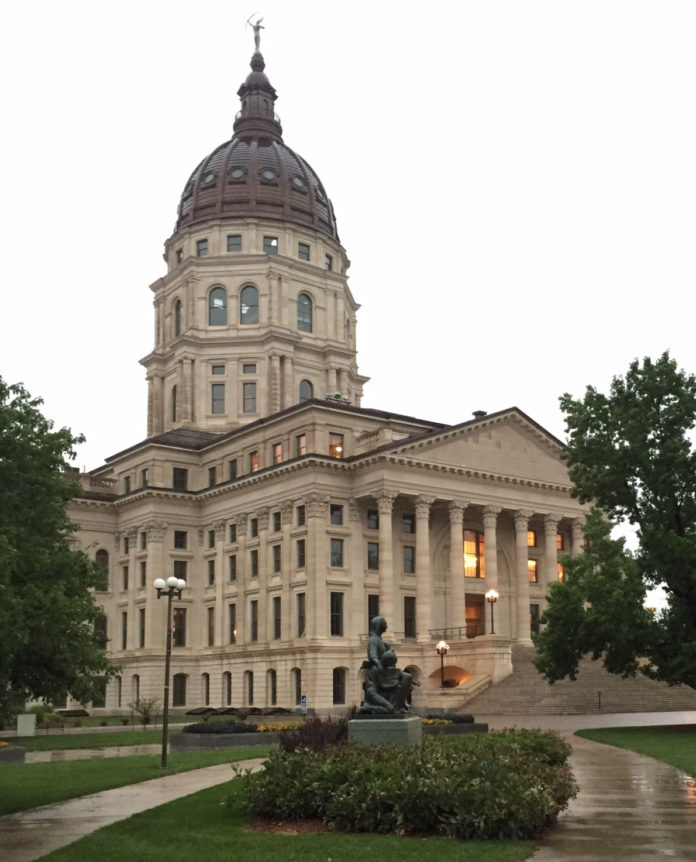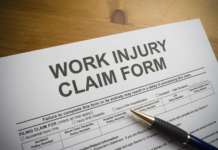A bill intended to create more openness about the state’s development incentives is on its way to the governor.
The Legislature has passed a bill that would require an audit every three years of the state’s development incentive programs and reveal information about who receives them.
The bill, passed unanimously in both chambers, would require the Commerce Department to create a database revealing who receives the incentives and amount of the incentives distributed across the state.
“The searchable database will be a valuable tool for Kansans who want to better understand the return on investment of the state’s incentive programs,” Secretary of Commerce David Toland said in a statement after the bill’s passage.
Information in the database would include:
- Qualifications for each incentive program, including criteria specific to a business receiving the incentive. The criteria must include any requirements regarding the number of jobs created or the amount of the initial or annual capital improvement.
- Descriptions for each economic development program, including the cost of the program and the return on investment.
- Total incentives received by recipients in each county.
- Total incentives distributed by each economic development program.
The bill contains provisions that would protect sensitive information that could be detrimental to a project or violate a confidentiality agreement.
It also would not disclose the names of other individuals who’ve invested in a project in order to receive a tax credit.
“This measure is a great step in the fight to end corporate welfare in our state by allowing Kansas taxpayers the ability to see where their money is going,” said Jeff Glendening, state director of Americans for Prosperity. “Government should get out of the business of picking winners and losers.”
The bill comes two years after a Pew Charitable Trusts study criticized Kansas for lacking a plan to regularly evaluate tax incentives.
The Pew study found the state auditors have frequently studied the state’s tax incentives.
“However, these studies have been the result of ad hoc requests from lawmakers. There is no structure in place to ensure regular and rigorous evaluations of the state’s incentives,” the Pew study concluded.
The Pew study found in 2017 that Kansas was one of 23 states that were considered trailing in evaluating economic development incentives. Ten states were considered “leading.”
The bill also provides for legislative auditors to examine the state’s economic development programs every three years.
The bill stipulates that auditors shall have access to all books, accounts, records, files, documents and correspondence to conduct their review.
The examination shall include an assessment of the program’s design and administration, an estimate of the economic and fiscal impact, and the return on investment.
Auditors also would examine whether the incentive program changed business behavior and assess whether the state can afford the incentive program.
“We’re very supportive of the transparency this bill provides,” said Kevin Walker, vice president of public policy and advocacy for the Overland Park Chamber of Commerce.
“We’re confident the evaluations will show that our economic development incentive programs are producing dividends for the state,” Walker said.
















